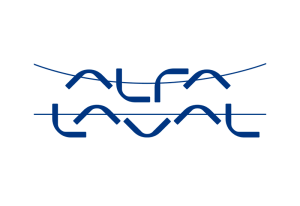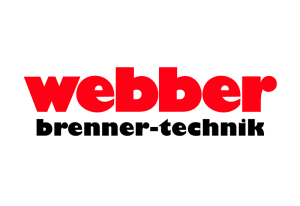Case Studies
Up-Skill Case Studies
The Up-Skill project will identify how the potential for automation and human input is being played out in a range of industrial, competitive and supply chain settings by creating detailed comparative case studies.
Ethnographic research methods, such as shadowing, photography, observation and interviews, will be used to identify the ways in which job roles and content are changing as a consequence of the introduction of Industry 4.0 and 5G technologies. The research will also identify the shifting managerial capabilities that are needed to ensure that technology implementation migrates from a substitution to an augmentation approach.
Following a comprehensive review of the target organisations, ethnographic approaches and method planning, the case studies will begin at around month 11 of the project and last, approximately, 12 months.

Milan, Italy region cases. The University of Milan will enrol several small and medium scale companies involved in styling, designing and prototyping industrial products in a diverse range of sectors including furniture and furnishings, interior design and yacht design. The work performed by employees in the case study organisations involves powered machinery in addition to hand tools. Although based on large scale production, the production process involves a certain level of skilled craft to maintain the quality of product and desirability to consumers. Production still relies on direct human interaction and engagement with raw materials and manufactured products. Therefore, these case studies will evaluate how technology can improve efficiency and quality in job roles that will remain largely centred around human craftmanship and artisanal skills.

Located in Sweden, Helekopter offers engineering and business services to the engineering firms in its network, using the latest management software systems to remove the administrative and financial burdens from those firms, and so allowing them to focus on value-adding ‘engineering’ work. Therefore, Helekopter seeks to retain and augment human workers with new Industry 4.0 technologies to refine and improve the efficiency of engineering and administrative processes within its own company and firms within its network.

Ford has a long history of providing a wide range of vehicles, from small cars to large vans, with a focus on affordability and mass production. The Ford case study focuses on the company's strategy, technological advancements, and organisational changes, particularly in the context of transitioning to electric vehicles.

Located in Sweden, Alfa Laval manufactures separators and associated components. They engage in a variety of engineering activities (different markets, different volumes, etc.) that necessitates a certain level of human involvement in the manufacturing process. Therefore, their aim is to advance their level of industry 4.0 capability to improve production efficiency while maintaining the human element needed to provide varied and flexible engineering solutions to their target market.

Located in Germany, Webber manufactures gas burners and gas-air mixing control systems for industrial uses. At present the company relies on skilled technicians to assemble burners, however, these skills are no longer being taught to apprentices, therefore, Webber is aiming to fully automate this part of their manufacturing activity.